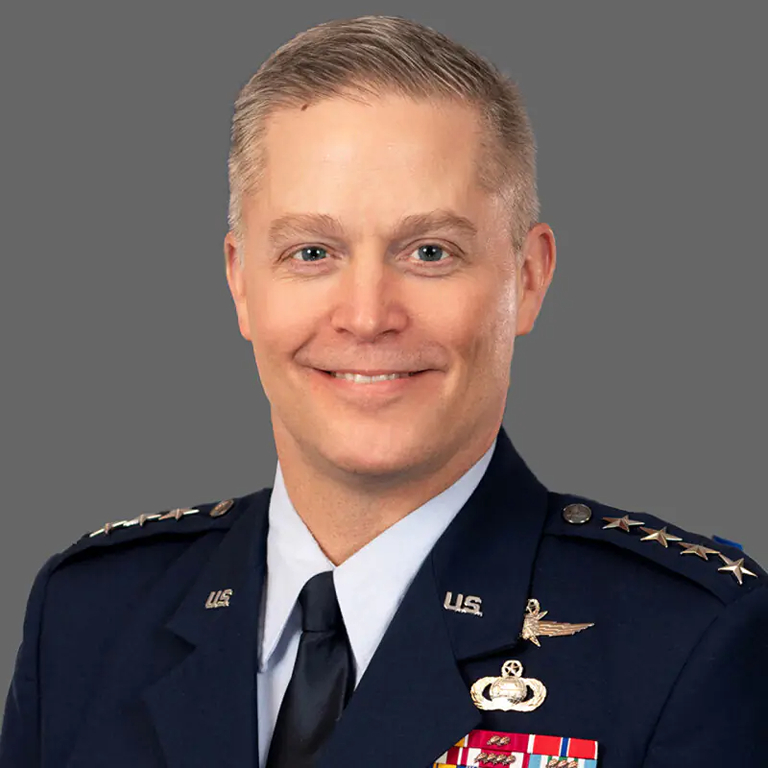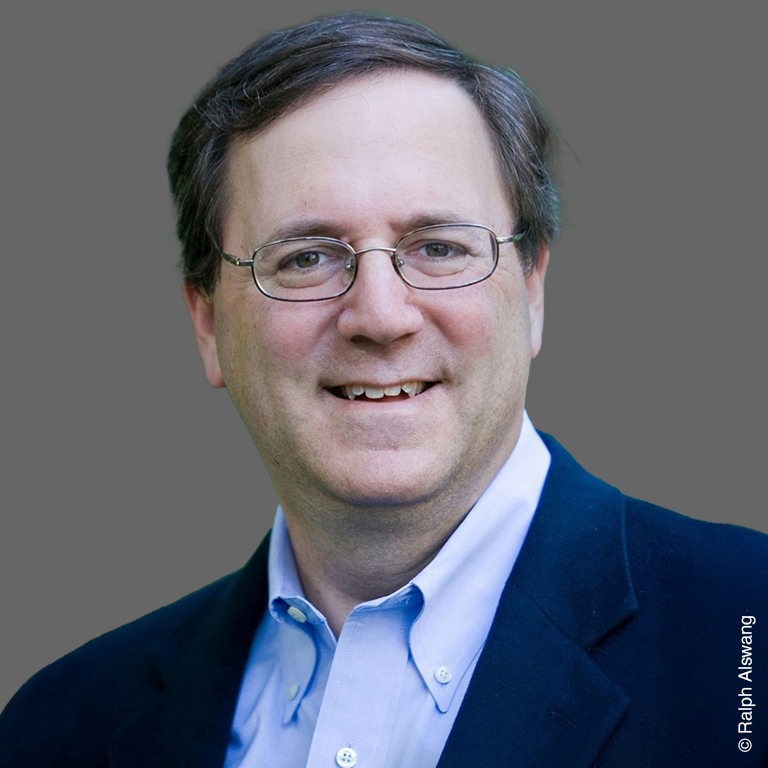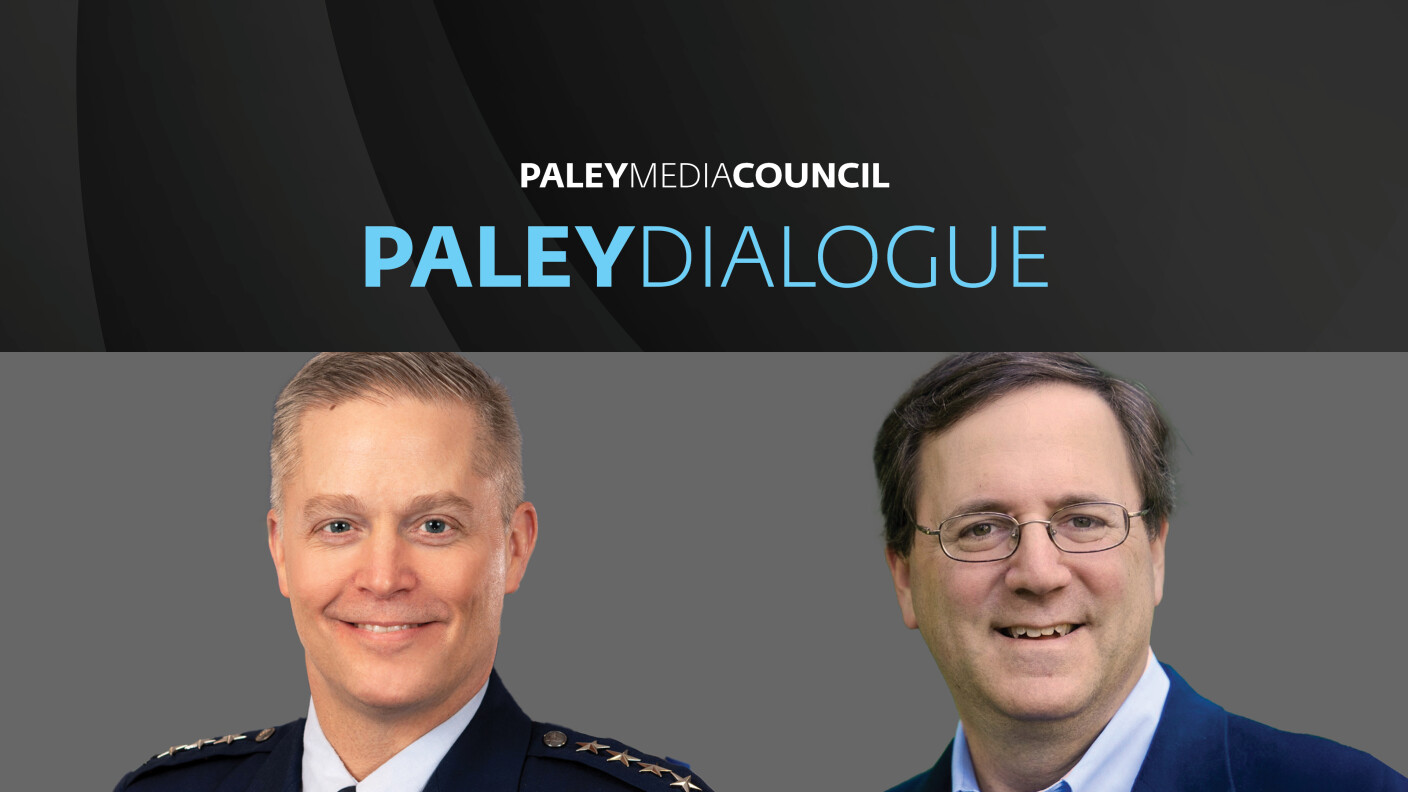Cybersecurity in the Digital Age: A Conversation with General Timothy D. Haugh
Lunch: 12:30 pm
Conversation and Q&A: 1:00 – 2:00 pm
The Paley Center for Media, 25 West 52 Street, NYC
In this Paley Dialogue, General Timothy D. Haugh, United States Air Force, Commander, United States Cyber Command, Director, National Security Agency / Chief, Central Security Service, will discuss the critical role of addressing modern cybersecurity challenges including the NSA’s perspective on AI. General Haugh will offer insights into how collaboration between government, private sector, and international partners is essential to strengthen national cybersecurity and combat sophisticated cyber threats in today's rapidly evolving digital landscape.
In Person:
General Timothy D. Haugh, United States Air Force, Commander, United States Cyber Command, Director, National Security Agency / Chief, Central Security Service
Moderator:
David E. Sanger, White House and National Security Correspondent, The New York Times
Events and participants are subject to change.
Paley Dialogue Official Sponsor

Join Now to RSVP
This event is exclusive to Media Council Members. To find out more about Media Council Membership, contact mediacouncil@paleycenter.org.
Connect on Social
Timothy D. Haugh
Commander, U.S. Cyber Command; Director, National Security Agency/Chief, Central Security Service

General Timothy D. Haugh is 4th Commander, U.S. Cyber Command and 19th Director, National Security Agency/Chief, Central Security Service at Fort George G. Meade, Maryland.
A native of Hughesville, Pennsylvania, General Haugh earned his commission in 1991 as a distinguished graduate of the ROTC program at Lehigh University.
General Haugh has commanded at the squadron, group, wing, numbered air force, and joint levels. He’s served on staffs at major command, agency and combatant command headquarters. His notable tours include Deputy Commander of Joint Task Force Ares, Commander of Cyber National Mission Force, Commander of Sixteenth Air Force, and Deputy Commander of U.S. Cyber Command.
In addition to earning his Bachelor of Arts in Russian Studies from Lehigh University, General Haugh holds Master of Science degrees from the Industrial College of the Armed Forces, the Naval Postgraduate School, and Southern Methodist University.
General Haugh and his spouse, Mrs. Sherie Haugh, have been married for more than 31 years, and have one son, one daughter, and one daughter in law.
David E. Sanger
White House and National Security Correspondent, The New York Times

David E. Sanger is a White House and national security correspondent for The New York Times, and one of the news organization’s senior writers. In a 42-year reporting career at The Times, he has played central roles on three teams that have won Pulitzer Prizes, most recently in 2017 for international reporting. In April, he published “New Cold Wars: China’s Rise, Russia’s Invasion and the Struggle to Defend the West,” an instant New York Times bestseller.
Prior to publication of “New Cold Wars,’’ his fourth book, he was the author of “The Perfect Weapon: War, Sabotage and Fear in the Cyber Age’’ (2018) and an HBO documentary by the same title (2020), which examines the emergence of cyberconflict and its role in changing the nature of global power.
He is also the author of two previous Times best sellers on foreign policy and national security: “The Inheritance: The World Obama Confronts and the Challenges to American Power,” published in 2009, and “Confront and Conceal: Obama’s Secret Wars and Surprising Use of American Power,” published in 2012.
For The Times, Mr. Sanger has served as Tokyo bureau chief, Washington economic correspondent, White House correspondent during the Clinton and Bush administrations, and chief Washington correspondent.
Mr. Sanger spent six years in Tokyo, writing about the emergence of Japan as a major American competitor, and then the country’s humbling recession. He wrote many of the first articles about North Korea’s emerging nuclear weapons program.
Returning to Washington, Mr. Sanger turned to a wide range of diplomatic and national security issues, from nuclear proliferation to the rise of cyberconflict among nations. In reporting for The Times and “Confront and Conceal,” he revealed the story of Olympic Games, the code name for the most sophisticated cyberattack in history, the American-Israeli effort to sabotage Iran’s nuclear program with the Stuxnet worm. His journalistic pursuit of the origins of Stuxnet became the subject of the documentary “Zero Days,” which made the short list of Academy Award documentaries in 2016.
Mr. Sanger was a leading member of the team that investigated the causes of the Challenger disaster in 1986, which was awarded a Pulitzer in national reporting the following year. A second Pulitzer, in 1999, was awarded to a team that investigated the struggles within the Clinton administration over controlling technology exports to China. He has also won the Weintal Prize for diplomatic reporting for his coverage of the Iraq and Korea crises, the Aldo Beckman prize for coverage of the presidency, and, in two separate years, the Merriman Smith Memorial Award, for coverage of national security issues. “Nuclear Jihad,” the documentary that Mr. Sanger reported for Discovery/Times Television, won the duPont-Columbia Award for its explanation of the workings of the A. Q. Khan nuclear proliferation network. That coverage was also a finalist for a Pulitzer.
A 1982 graduate of Harvard College, Mr. Sanger was the first senior fellow in The Press and National Security at the Belfer Center for Science and International Affairs at Harvard. With Graham T. Allison Jr., he co-teaches “Central Challenges in American National Security, Strategy and the Press” at the Kennedy School of Government. He is also a national security contributor to CNN.




